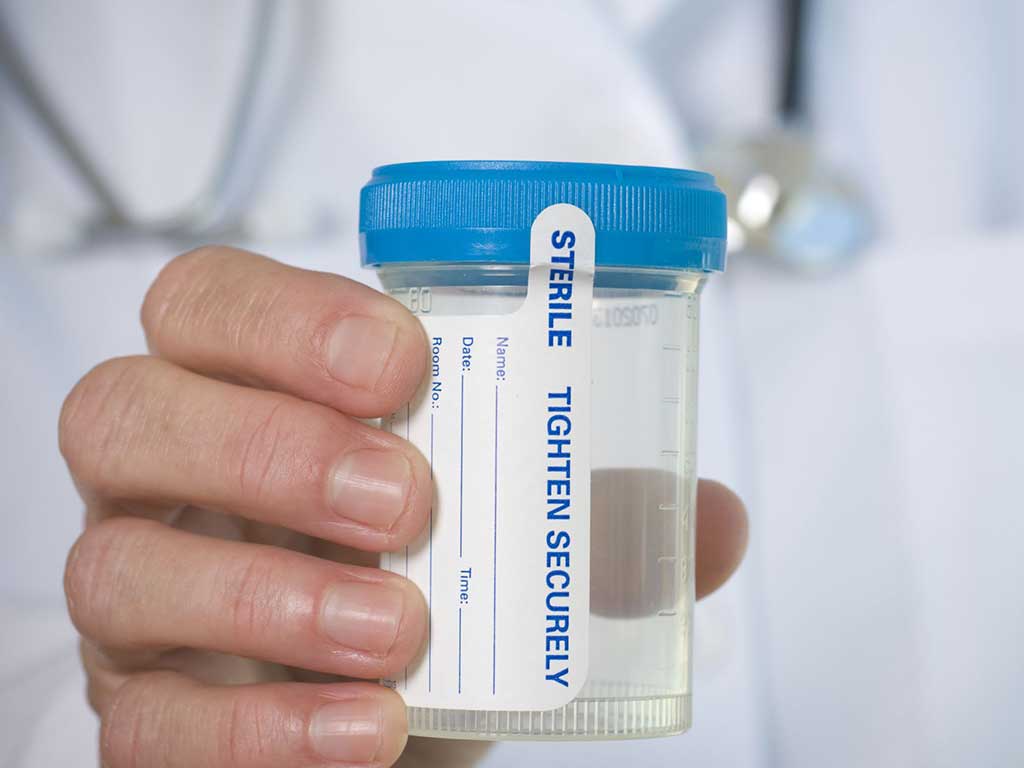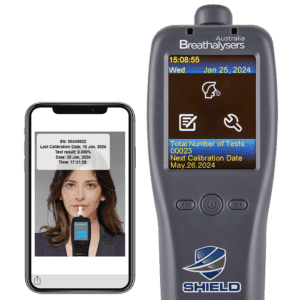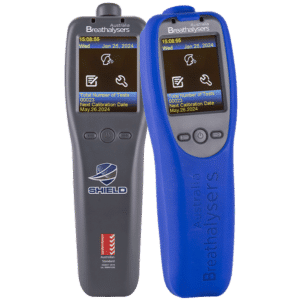Urine Drug Test: Its Advantages and How It Works
25 January, 2024

A urine drug test is one of the widely used methods for detecting illicit substances in the system. Among the different types of testing, urine testing is often preferred due to its convenience and reliability. One of the primary advantages is the ability to detect a wide range of drugs. In addition, there are various techniques of analysis, one of which is called immunoassay. It works by detecting the presence of specific drugs or their metabolites using an antigen-antibody complex.
Drug abuse poses several risks not just to the individual but also to the society as a whole. It can lead to impaired judgment, decreased productivity, and long-term health problems. Thus, it is crucial to have effective methods of detecting drug use in order to prevent accidents and provide necessary support. This article will delve into the advantages of urine testing, how it works, and the testing procedure.
Advantages of Urine Drug Test Over the Other Testing Methods
There are several advantages of urine drug testing that make it a preferred method in various settings. Firstly, it is less invasive than a blood test. It does not require the use of needles, making it a more comfortable and less intimidating option for individuals. Secondly, it is easy to administer. A urine test kit can be used by individuals at home or in the workplace.
Thirdly, the sample is easy to collect and requires no special equipment or training. The collection procedure is easy to follow for persons undergoing the test. Additionally, urine drug screens can detect a wide range of substances, including illicit drugs and prescription drugs.
Lastly, urine has a longer detection window compared to other testing methods. It means that it can detect drug use over a longer period, providing a more extensive view of the usage history of a person. It can trace substances for 48 to 80 hours, depending on the amount of consumption. This is in contrast to oral fluid or blood tests that can detect drug use within 12 to 24 hours.
Importance of Drug Testing
- It ensures a safe and healthy environment, especially in safety-sensitive workplaces. This helps reduce the risk of accidents and injuries.
- Identify individuals who may be under the influence of illegal drugs, allowing timely intervention or treatment plan.
- Regular testing deters drug abuse or other risky behaviours. For example, it discourages employees from using illicit substances that can impair their performance.
- It promotes productivity. Fit and healthy employees are less likely to be absent from work or make errors due to impaired judgment or coordination.
- It is valuable in situations where the detection of past drug use is necessary, such as pre-employment screening or probation monitoring.

How Urine Drug Test Works
Urine drug tests use various techniques to detect substances in the sample. One of the methods is an immunoassay screen. This technique works by using antibodies that are specific to certain drugs or their metabolites. If the targeted drugs or metabolites are present in the sample, they bind to the antibodies and form an antigen-antibody complex.
The presence of this complex is detectable through different methods, such as colour changes or enzyme reactions. Substances that reach the cut-off level trigger this change or reaction. Moreover, the intensity of the reaction may indicate the concentration of the drug in the sample. However, it is important to note that it mainly detects specific types of drugs and provides a negative or non-negative result.
Another analysis method is Gas Chromatography-Mass Spectrometry (GC-MS). This technique involves separating and identifying the different components of a urine sample. It can provide more specific information about drug classes and their quantity. Due to its high accuracy, it is suitable in confirmatory testing to validate the results of an immunoassay urine screen.
Detectable Substances
A urine test is capable of detecting various drugs, including both illegal and legal substances. Firstly, it looks for illicit street drug samples, such as marijuana, cocaine metabolites, methamphetamine, heroin, and MDMA (ecstasy). Individuals who ate poppy seeds or ingestion of hemp seed tea may also test positive for marijuana or cannabis.
Secondly, it includes prescription drugs like opioids/opiates (morphine, codeine, oxycodone) and benzodiazepine. The misuse of these substances is also considered illicit. Lastly, some urine tests include ethanol. Alcohol metabolites like Ethyl Glucuronide (EtG) and Ethyl Sulfate (EtS) are detectable in urine for a more extended period.

Process in a Urine Drug Test
The urine drug test process involves a few key steps. The first step is the collection of the sample. Individuals provide an adequate amount of urine to a small container or cup. This can be done in a private restroom or designated area. It is vital for the specimen cup to be clean and free from any contaminants.
The next step is to seal the container and submit it to the testing officer. Proper documentation is essential to maintain the chain of custody. In the initial screening, the sample can be analysed on the spot using immunoassays. Hence, employers can view the results immediately after the sample collection.
In some instances, the sample is stored and transported to a facility. In the laboratory, the specimens undergo several processes to confirm and identify the presence of drugs. A Medical Review Officer (MRO) validates preliminary testing with non-negative results. They prepare the final results and report it to the client or employer. Confirmed positive results can have serious consequences, such as loss of employment or legal repercussions.
Importance of Following Proper Collection Procedures
It is crucial to follow the correct collection procedure to avoid potential errors or tampering. This is because the accuracy of the test results depends on the proper collection techniques. Thus, it helps minimise the possibility of contamination, which can lead to false positive or false negative results.
A completed chain of custody form should support the sample. It includes proper labelling of the container and documenting the entire process from collection to analysis. Following established protocols also helps to prevent attempts of tampering and cheating. This is particularly important in situations where upholding the integrity of the process is paramount.
Conclusion
Urine drug testing is an efficient method for detecting illicit substances in the system. It can identify various drugs, including marijuana, cocaine, methamphetamine, opioids, and benzodiazepines. The purpose of this test is to identify individuals who are posing safety risks and those who may need substance abuse treatment. Additionally, it is non-invasive and easy to administer. There are also several techniques available, such as immunoassay screening and GC-MS testing. Each type differs in sensitivity and accuracy level.
The test process involves a few key steps. Following the protocols is essential to ensure the validity of the test results. It involves proper collection, handling, and analysis of the sample. Likewise, considerations of various factors, such as external contaminants and medication interactions, are necessary to avoid false outcomes. Nevertheless, it is advisable to seek the advice of a medical professional in interpreting the results. Overall, urine testing plays a significant role in maintaining safety in various settings.






























